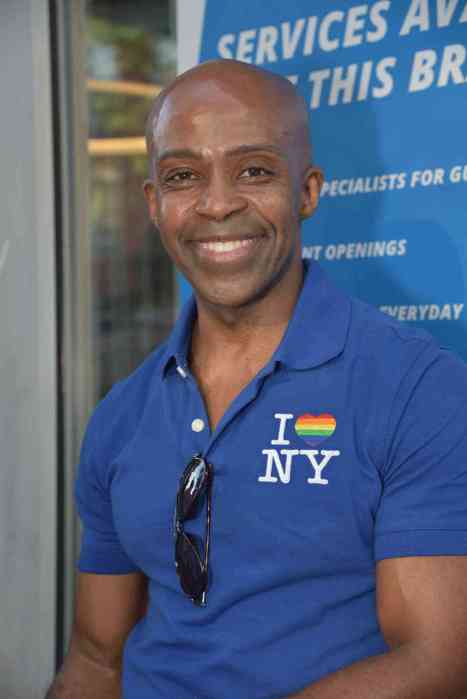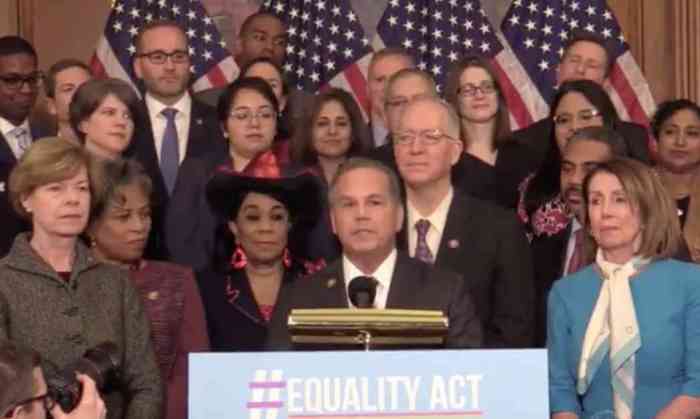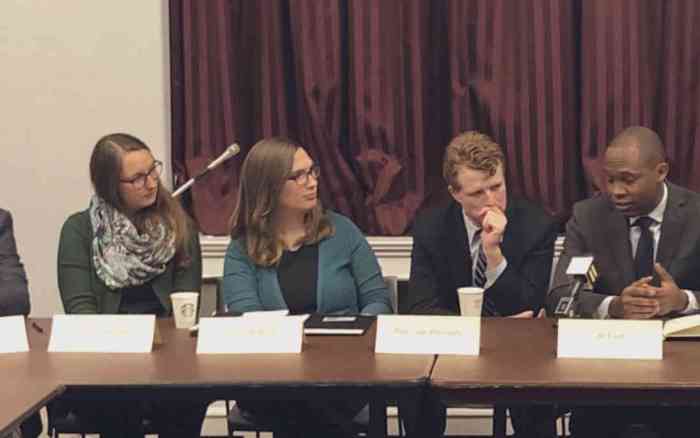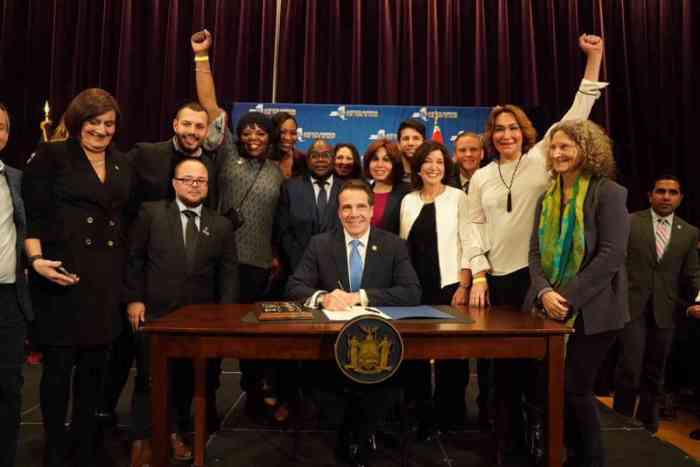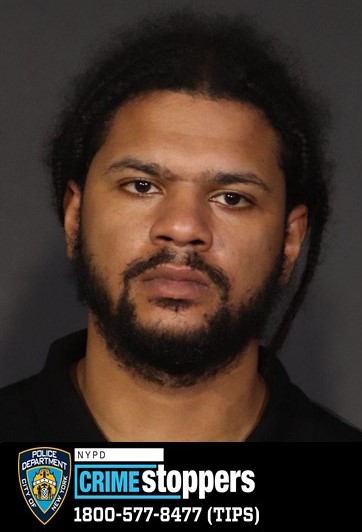Jerry Falwell, Jr., the president of Liberty University, who said this week he's been invited to lead a task force to review policy within the Department of Education. | LIBERTY.EDU
BY PAUL SCHINDLER | Amidst all the confusion created by White House senior advisor Steve Bannon’s “shock and awe” campaign during the Trump administration’s opening days, the president’s team may just have faked out the LGBTQ media.
On Monday, widespread reports by media outlets and online sites warned that Trump was about to issue an executive order reversing President Barack Obama’s 2014 directive that protected employees of contractors doing business with the federal government from discrimination based on sexual orientation and gender identity. Obama issued that order after years of Republican congressional resistance to federal employment protections.
Administration brags it won’t overturn contractors order, but religious exemptions still feared
Some of this week’s reporting even suggested the new president might go back two decades to eliminate job protections in federal government employment itself put in place by Bill Clinton.
Wrong, crowed the White House late in the day on Monday.
“President Trump continues to be respectful and supportive of LGTQ rights, just as he was throughout the election,” an administration statement read. “The president is proud to have been the first ever GOP nominee to mention the LGBTQ community in his nomination acceptance speech, pledging then to protect the community from violence and oppression.”
Leading advocacy groups, however, made no rush to greet the White House announcement with enthusiasm. In fact, they reiterated suspicions about exactly what the administration is up to on LGBTQ rights.
In an email message, Rob Flaherty, a spokesperson for the Human Rights Campaign, the community’s leading Washington lobby group, said, “Been getting a number of questions about why we’re not praising Trump’s decision to maintain President Obama’s executive order. Just want to make one point clear: The Trump administration floated a number of provisions as part of a license to discriminate order that we are hearing is still circulating in the White House… If someone says they’ll rob a 7/11, a Wawa, and a Sheetz, and decides to skip the Sheetz, that doesn’t mean they’re good for the convenience store community. That means they’re still considering robbing two stores.”
Flaherty’s message came shortly after HRC concluded a press availability in Washington with other leading groups, including the Leadership Conference on Civil Rights, the National Council of La Raza, Muslim Advocates, the Center for American Progress, the National Center for Transgender Equality, and the National LGBTQ Task Force.
At that event, Chad Griffin, HRC’s president, warned, “Right now the administration is still considering executive actions that would allow government employees, taxpayer-funded organizations, or even companies to discriminate against LGBTQ people. We would be naive to think that the Trump administration won’t pursue such an attack on equality. After all, Donald Trump pledged during this campaign to sign the so-called First Amendment Defense Act –– which would allow individuals and many businesses to discriminate against LGBTQ people.”
Widespread speculation remains that the president might at any time issue an executive order carving out broad religious exemptions for organizations and individuals from non-discrimination protections. In a January 31 alert, Lorri L. Jean, the CEO of the Los Angeles LGBT Center, warned such an order might be forthcoming on February 2. On the evening of February 1, a leaked draft of a very broadly framed executive order on religious exemptions was published by the Nation magazine, with some speculation the president could act as early as this morning at the National Prayer Breakfast – which would be surprising given the event’s traditionally bipartisan character. The White House did not dispute the authenticity of the draft but noted that the administration is working on multiple drafts of numerous potential presidential actions.
Rhetoric from the right has also fueled the community’s concern. After the White House ruled out a full retreat from the Obama directive, Tony Perkins, president of the anti-gay Family Research Council, voiced optimism that the religious exemption demands groups such as his have made would be satisfied.
“I think this is going to be addressed,” he said, according to a report on CNBC. Though he acknowledged he hasn’t “gotten complete clarity” on what the president will do, Perkins said, “I have every confidence” Trump will follow through on promises he earlier made to social conservatives.
Among the objections the community’s advocates have raised about Trump’s nomination of Judge Neil Gorsuch to the Supreme Court is the clear sympathy his record evidences for expansive claims of religious exemptions from laws that neutrally apply across society.
Advocates were also surely jolted this week by claims made by Jerry Falwell, Jr., the president of Liberty University, that he’s been asked by the president to head up a new task force to review policy within the Department of Education. Falwell told the Chronicle on Higher Education that Trump offered the assignment in November and that Bannon gave him the go-ahead to discuss it publicly this week.
Betsy DeVos, the secretary of education nominee whose confirmation is now in doubt with the defection of at least two Republicans, had already raised concerns given the substantial support her family has given to anti-LGBTQ groups over the past 15 years –– though friends of hers scrambled to beat back the image of her as hostile to the community in a New York Times article this week.
The Department of Education played a leading role on LGBTQ policy during the Obama administration, not only on bullying issues but also the question of transgender students accessing bathrooms consistent with their gender identity.




























